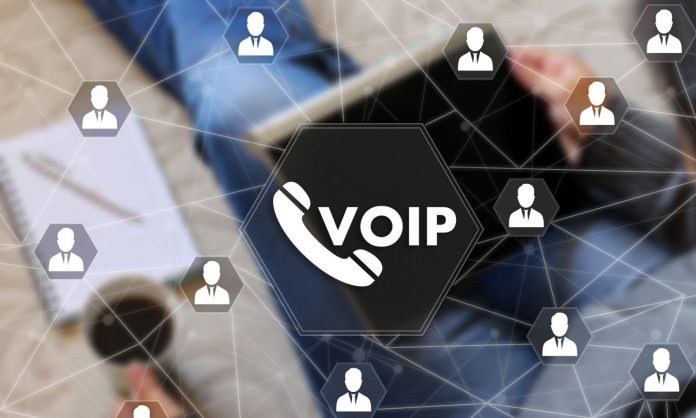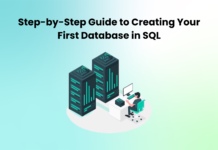One of the main myths about VoIP (Voice over Internet Protocol) technology is that it is only good for companies with a lot of workers and a huge number of customers. This couldn’t be farther from the truth. In fact, VoIP provides multiple advanced features to small and medium enterprises that can be helpful and help them compete at the same level as larger incumbents.
Voice over Internet Protocol (VOIP) helps people to send and receive calls on the internet instead of using a landline. This technology uses compressed sound recordings which are broken into “packets” of data and transfers them over the internet to facilitate voice (and also video) calls.
Here are just a few of the benefits that small and medium businesses will receive from VoIP.
1. Improved Call Quality (HD Audio)
VoIP phone system for small business technology has advanced to the point that if you have a good internet connection your VoIP calls with easily exceed the voice quality on analogue phone lines.
2. Multi-Functionality
There is more about VoIP than sending calls and getting calls. Modern VoIP platforms provide text messaging, status updates, video calls, conference calls, voicemail, speech to text functions, and more.
VoIP services like video conferencing help you to remain in contact with workers regardless of where they are. This makes it the perfect solution for the post-coronavirus, work from home landscape. By leveraging digital technologies, you do not need your staff to be in the office as much. This also make VoIP the perfect solution for businesses with lots of overseas workers or who work with a lot of freelancers.
So long as you have a stable internet connection, you can make calls from anywhere. VoIP allows you to make calls from various devices, such as phones and laptops, meaning that you can be reached at any moment, no matter where you are.
It also helps you to pass calls to your co-workers without asking the caller to dial a different phone. VoIP platforms help you to configure your status so that you can be informed anytime your colleagues are available to speak with you.
With VoIP, digital receptionists can be personalised to respond to frequently asked customer question. This can help to screen calls and to provide vital information to customers even when there is no one available to take the call.
With VoIP services, all calls can be recorded. As this recording is a digital file, it can easily be shared or added to a database. This can be vital when accurate records of client communications are required. These recordings can also be used for training.
Be aware, it is common courtesy and in some cases your legal responsibility to inform callers that their calls may be recorded.
3. Cybersecurity
By taking advantage of the internet, a VoIP connection is much more reliable than an analogue phone line. VoIP platforms encode calls and data using end to end encryption, something that can’t be achieved with a standard copper telephone line.
4. New Features Help Boost Your Team’s Productivity
VoIP boosts efficiency by avoiding the “phone tag” problem whereby two people cannot contact each other because each is attempting to reach the other by phone.
Calls can also be routed to multiple devices at once, with whoever answers first picking up the call. This is a great addition for call centres or businesses with large teams.
By installing the accompanying mobile app for your VoIP platform of choice, you can also have your desk phone and mobile ring at the same time. This means you won’t miss that vital call just because you were away from your desk for a minute or two.
5. Price
VoIP is a much cheaper option than conventional phone lines. Here are some basic aspects of VoIP that can save your company money:
- VoIP technology greatly lowers domestic and foreign call charges. A VoIP number is not connected to a physical number (unless you also install an SIP trunk). Thus, clients and co-workers can call you locally and only pay the local rate even if your phone number doesn’t show as local.
- Your company isn’t obligated to create independent phone and data networks as everything can run on the same line (bandwidth permitting).
- Your staff can install a VoIP app on their existing mobile phones, saving you money on business mobile plans.
- Teleconferences and videoconferencing remove the need for staff who are on the job in the field to fly back to the office to meet with co-workers in person. This in turn, reduced travel costs.
- VoIP handsets cost less than normal desk phones and are sometimes not required at all. IF you are running your VoIP platform on your PC, you can use any headset which has a microphone.
Read Also : Track Viber Messages without Target Phone

































